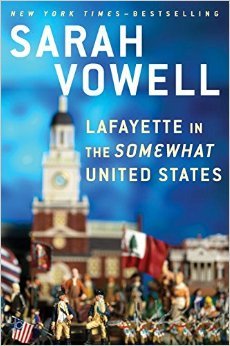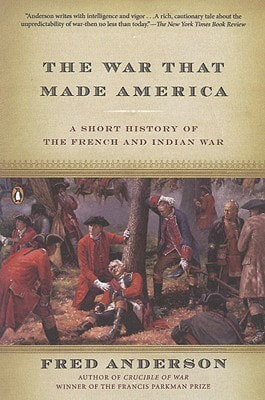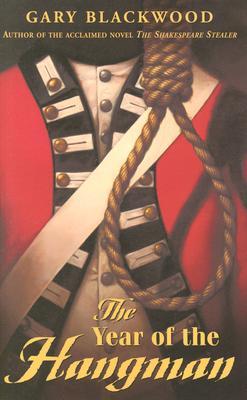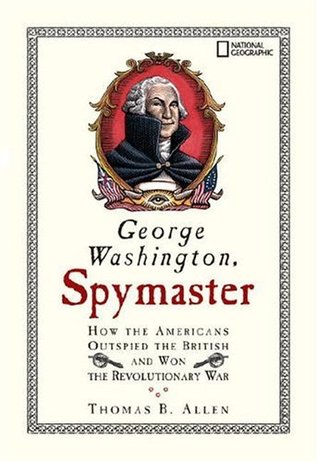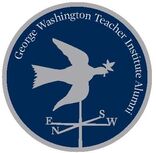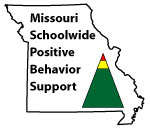| Sarah Vowell, the voice of Violet in Disney/Pixar's The Incredibles (and is considerably older than her animated character), also writes books that focus on history. This volume tells the story of the Revolution from Lafayette's point of view, but Vowell seems to lose her focus easily. She tends to wander through the account with a unique voice that could be described as irreverent, but might be a little forced. It doesn't take long for the reader to detect Ms. Vowell's atheism and left-leaning spin. She obviously does not appreciate the effort, the compromise, the debate, and the genius of the electoral college, but why that would be a part of a book about Lafayette and the war is anybody's guess. I hoped to enjoy this book, and I did learn some things that were quite interesting, but with all of her kitsch and snark, the reader might want to double check her references and claims. |
| The War that Made America is a book about the French and Indian War. I have outlined this book in greater detail on my Fort Ticonderoga page, including a post with the YouTube videos of the PBS documentary series by the same name. There are many stories of the French and Indian War that are little known, and this book helps to tell it in sequence. Interestingly, the author, Fred Anderson, tells them from a slight Native American point of view without becoming overly political. He does not go into a lot of the global conflict of the larger Seven Years War, however that is in here, too. I read this book as a part of my preparation for the Fort Ticonderoga Teacher Institute, and it helped me understand where I stood when I visited the fort in July. It's not always the easiest read, but it did address a lot of the holes in my knowledge. |
| While we're there, this is the book I picked to read during my travels to Fort Ticonderoga. It is not a book that involves the fort at all, but instead offers an alternative account to the real history. In The Year of the Hangman, George Washington has been taken captive by the British. Benedict Arnold and Benjamin Franklin have fled to the south for refuge in the swamps of Louisiana. The war has been lost in the British point of view, but Franklin still publishes rebel propaganda, and Benedict Arnold still leads remaining Patriots. Gary Blackwood wrote this story with a main character who is a rebellious and uncouth boy from England. When the boy is sent to live with his uncle (an officer of the Redcoats) in order to receive training and discipline, he discovers a sympathy for the American cause, and works to free Washington. I fully enjoyed this novel, but the alternative history is, admittedly, troubling. |
| I have meant to read this book for quite some time; it has been long lost on my home bookshelf. In George Washington, Spymaster, Thomas B. Allen attempts to give a complete account of all the covert activity of the Revolutionary era. Unfortunately, the writing sometimes falls flat and becomes dry. That said, there is a resounding amount of content in this relatively short book. The reader becomes acquainted with many characters and learns about the secrecy, the dangerous sneaking, and the scientific nature of espionage. This book is a combination of geography, history, and intrigue, but anyone with a taste for a more novel approach should not expect that here. In the end, the reader may choose to decode a final message, using the Culper Code that is included in the appendix (if the reader chooses to accept his mission, that it). |
